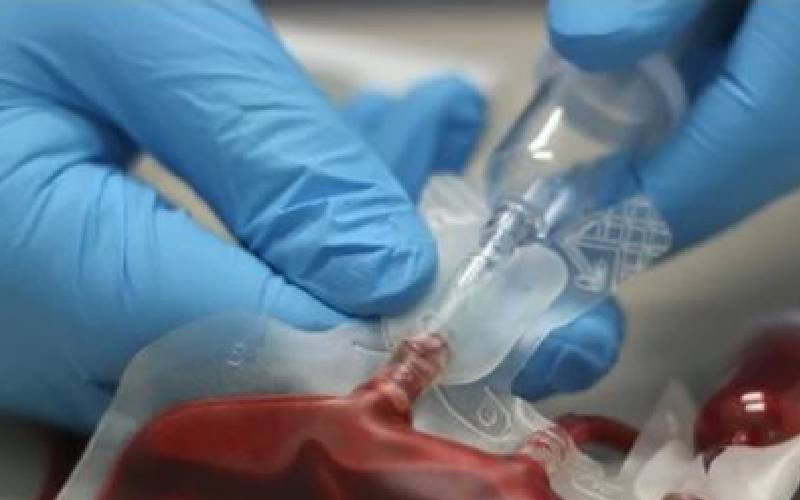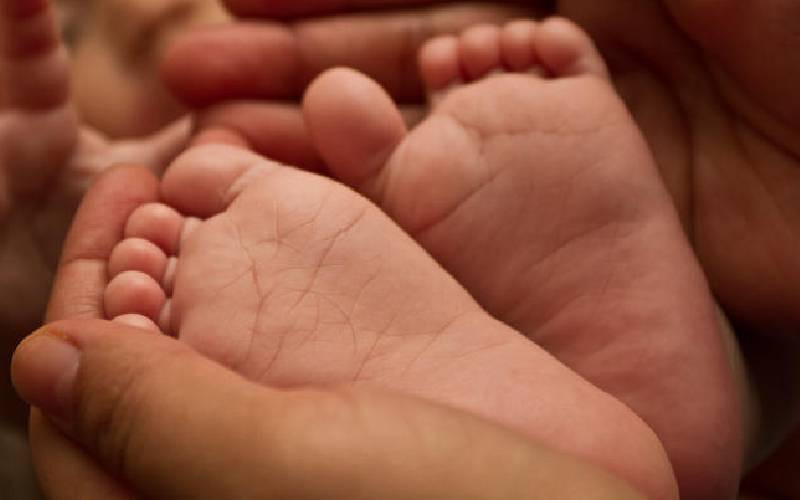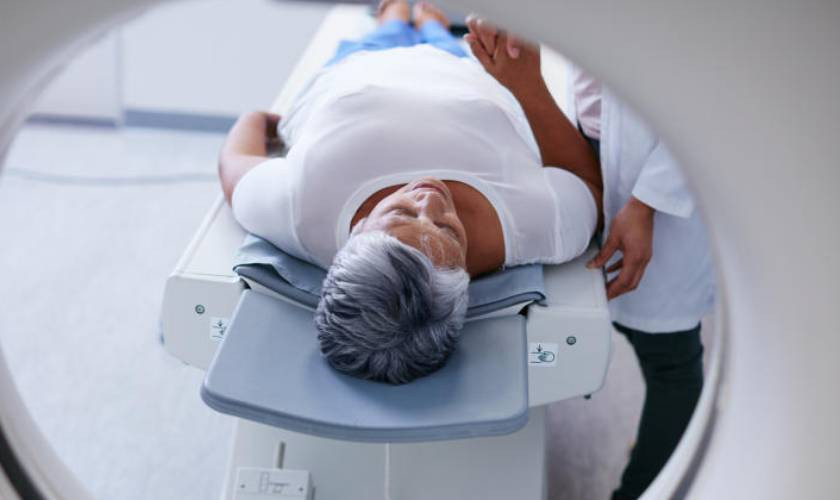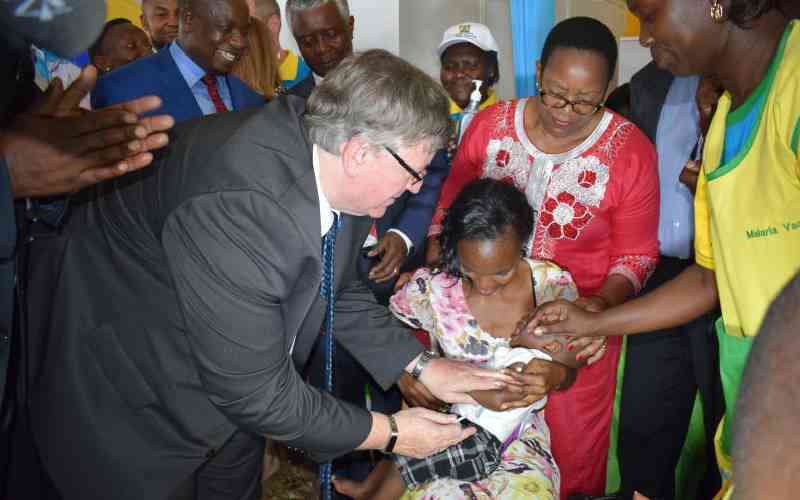
Culture and religion are some of the key factors that hinder media coverage of reproductive health, experts say.
This is according to speeches at a journalist capacity building on Sexual Reproductive Health and Rights(SRHR), organized by the Network for Adolescent and Youth of Africa(NAYA) in Nairobi.
According to the experts, some journalists face religious and cultural challenges in their quest to cover reproductive health stories.
Doctor Joyce Omwoha of the Technical University of Kenya revealed how she witnessed several instances where survivors refused to open up because of religion and culture.
“ During my research on reproductive health, I realized that some survivors were not willing to tell their stories for fear of stigmatization by the community. Some would want to seek permission first from their religious leaders before opening up,” she narrates.
She noted some cultural norms do not allow community members to discuss private life with non-community members which makes it difficult for survivors to open up to journalists.
Dr. Omwoha also noted that there was still a set of challenges leading to inaccurate reporting by journalists citing a lack of awareness and capacity building.
“Journalists should help in creating awareness about the prevalence, health risks, and cultural implications of SRHS through their reporting, educating the public and policymakers,” she said.“ Therefore to improve the reporting quality, journalists should be equipped with skills for accuracy, ethics avoiding sensationalism or perpetuating harmful stereotype.”
Gender-based violence activists and a youth advocate at NAYA also concurred that most survivors tend to withdraw their consent after a story is aired because of religious and cultural pressure.
Mwita, a legal student at Mount Kenya University noted that getting an informed consent form signed before an interview is an ethical step towards helping journalists avoid landing in legal problems.
“Journalists or media houses should always prepare legal consent forms before conducting interviews for SRHR stories. Once a consent form is signed, the subject has a right to withdraw consent before publication or airing of the story but can’t do so after the story is aired,” Mwita explained.
During the training, journalists got the opportunity to highlight some challenges they go through while covering such stories.

However, some journalists expressed challenges like cases where survivors are not willing to talk for fear of discrimination, inaccessibility to them, and lack of experts to highlight solutions to the problems, especially for vernacular reporters.
The science journalists were encouraged to write more on SRHR to provide a platform for survivors to share their stories advocating for change and impact policies attracting relevant stakeholders to address the issues potentially resulting in stronger laws.
 The Standard Group Plc is a multi-media organization with investments in media platforms spanning newspaper print
operations, television, radio broadcasting, digital and online services. The Standard Group is recognized as a
leading multi-media house in Kenya with a key influence in matters of national and international interest.
The Standard Group Plc is a multi-media organization with investments in media platforms spanning newspaper print
operations, television, radio broadcasting, digital and online services. The Standard Group is recognized as a
leading multi-media house in Kenya with a key influence in matters of national and international interest.











